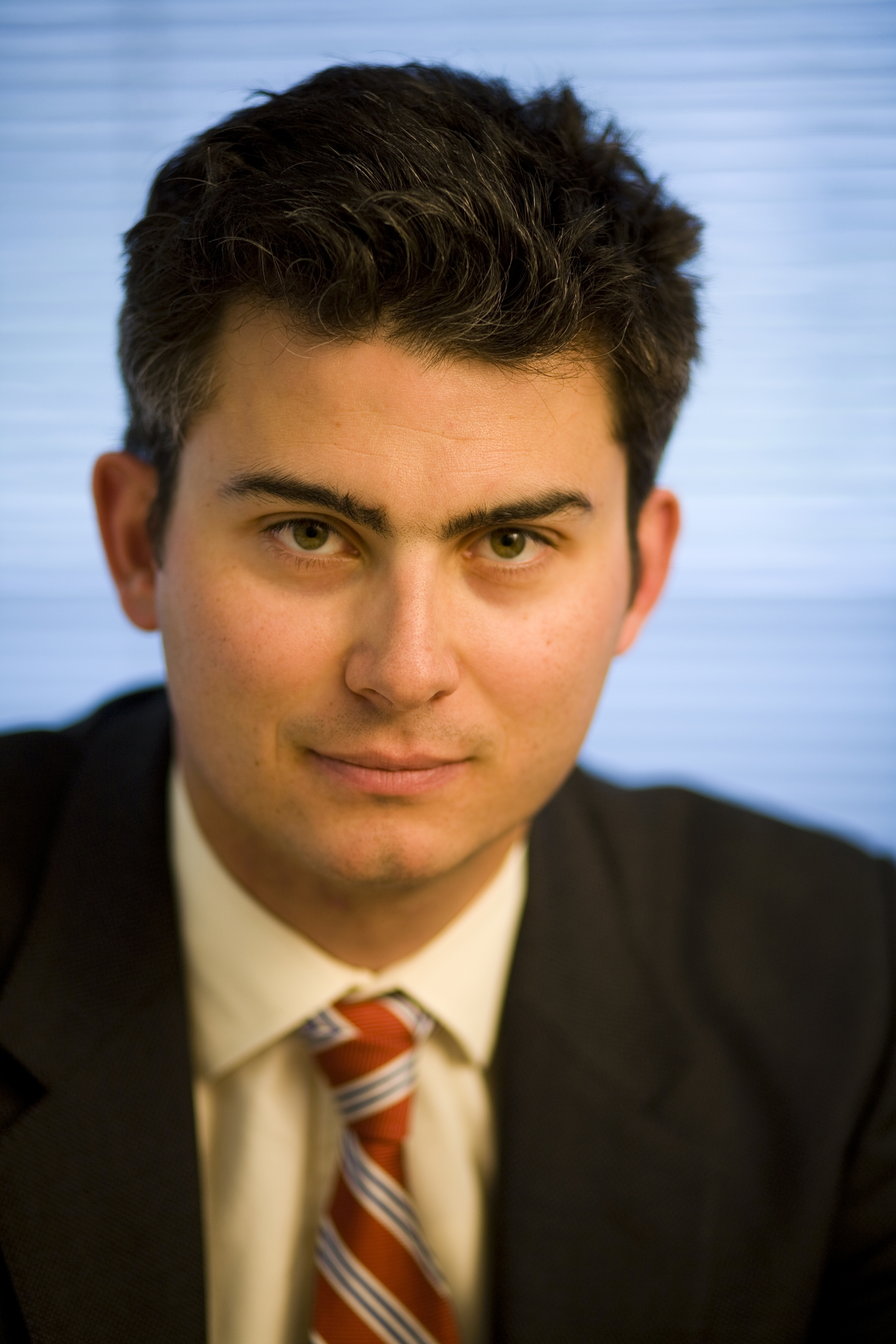Fund manager profile of Aberdeen Asset Management’s Nick Robinson
Investors have become more confident about pay, corporate governance and minority shareholder rights at Brazilian companies, says Nick Robinson, director of Latin American operations at Aberdeen Asset Management.

Robinson’s views stand out for three reasons: Aberdeen has been investing in Latin America as part of its wider emerging markets portfolios since the 1980s, so the company has an institutional memory that predates the crises of the 1990s; the business has had dedicated Latin American portfolios since 2004, so its local memory enables it to speak with authority about the way these countries escaped the credit crisis; and Aberdeen recently opened an office in São Paulo, Brazil, where Robinson works. The company manages $15 bn (£9.6 bn) in Latin American equities, of which $10 bn is in Brazilian companies.
Which CEOs and CFOs are best at IR in Brazil, and which of their actions and speeches have helped them to win the competition for capital?
Ultrapar, the fuel distribution, chemicals and storage business, has done a very good job. It really understands the importance of corporate governance – it used to have two share classes, but collapsed them into one [class], and all shares have the same voting rights, so Ultrapar could list on the Novo Mercado part of the São Paulo Stock Exchange.
Companies with better corporate governance trade at premium valuations. At Ultrapar, having someone who speaks to investors [who is also] senior management is helpful, and the CFO is good.
At Lojas Renner, the fashion retailer, the IRO introduces you to the CEO and the chairman, and you meet designers and people in charge of purchasing. The heads of department sit in a single room, so the head of IR has an easy flow of information [from other departmental heads.] This mitigates the risk of them being cut off from the people they manage.
At Localiza, the car rental company, the CEO and CFO are very good, and supported very well by the IRO – it’s important that the head of IR there speaks English very fluently. At Itaú, the bank, we had a meeting yesterday with one of the board members. Acquisitions, disposals and strategy were all on the agenda.
What have you seen since you opened your office in São Paulo that has demonstrated what winning CEOs and CFOs have done to beat their competitors?
I have seen the weight managers apply to good governance. In emerging markets, you often have a controlling shareholder from the family and management is very much in second place. The local presence in São Paulo lengthens our reach. You have time to do deeper dives – previously, we had one week, 20 companies and you had to go round the stores. Now we meet more people at the company, see the assets – for example, oil rigs at Petrobras.
Before we opened the office, Bradesco’s financials indicated that it was a conservative bank. At that time, we knew two or three people; these days, we have much more confidence in the belief that Bradesco is conservative in lending through the cycle.
We build closer relationships. We have engaged with many companies about pay; you tend to do that behind closed doors. We know the management teams personally, and they know we’re committed to Brazil. We meet every company at least twice a year, but in reality it could be seven times.
Which CEOs and CFOs have shown investors most effectively that they have cut debt, increased profitability and adopted global best practice?
Vale has had a new CEO since the start of last year, and it has rethought its capital expenditure plans. It has a big group of shareholders: the volume of the investor base means more people are asking for meetings. Management does a pretty good job, and the IRO has been there for years, so we get good insight into the company. It’s one of the most profitable mining companies in the world, with very little debt relative to its cash generation.
In the banking sector, which CEOs and CFOs have demonstrated to investors most effectively their decisions to increase credit provisions in preparation for crisis?
Bradesco tends to have fewer problems with non-performing loans as the cycle gets harder, because of the way it selects customers for lending. It understands that in tough times, it should lend conservatively, and not get overexcited when times are good.
Aberdeen’s institutional memory of Latin America goes back to the 1980s, when it started investing in the region’s equities. Which CEOs and CFOs have shown investors most successfully that their companies are not controlled by families and have good corporate governance?
In Chile, the Matte family companies are conservative, so we don’t expect related-party transactions between the family and the company – these transactions extract money from minority shareholders to the benefit of the family.










